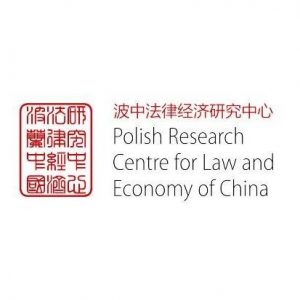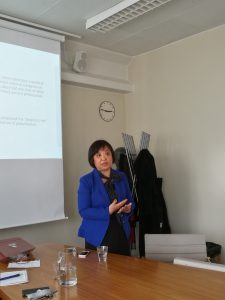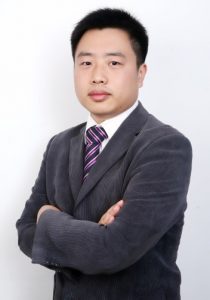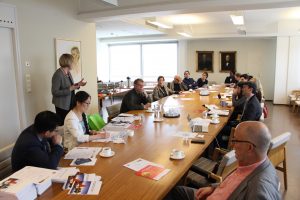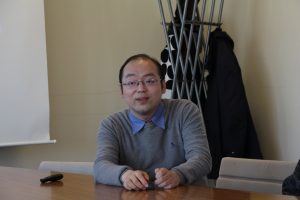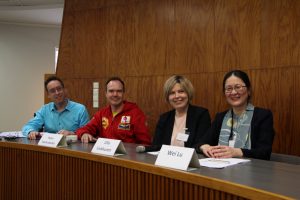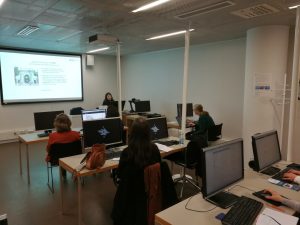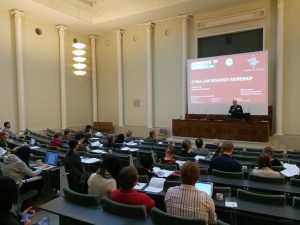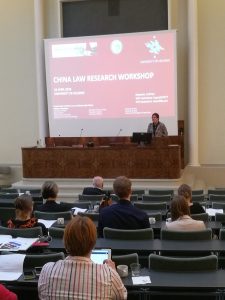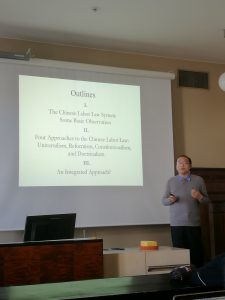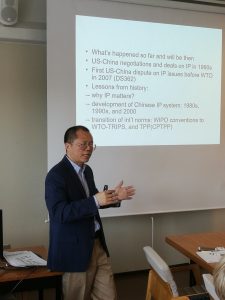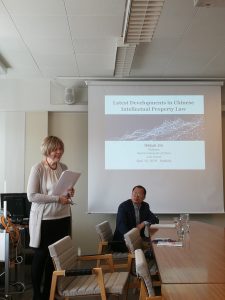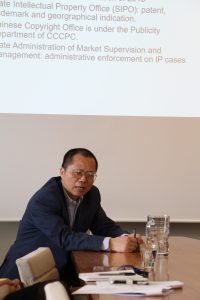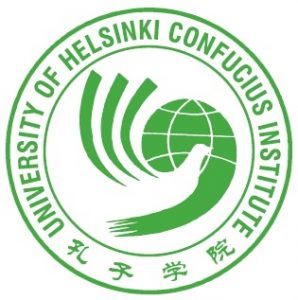Reflecting a topic increasingly under public debate given the escalating effects of climate change, environmental protection featured prominently during the latest comparative law seminar organized by the Finnish China Law Center and the Chinese Academy of Social Sciences (CASS).
This year’s seminar focused on the environment and a range of other legal and social problems of global significance, as well as on effective responses to challenges raised by the inter-related and deepening processes of globalization and digitalization.
Co-organized and hosted on 20 – 21 September 2018 by the CASS Institute of Law with the support of the Faculty of Law of the University of Helsinki, the annual academic event was the ninth conference aimed at robust discussion of emerging legal issues of joint social and academic significance.
The seminar also serves as an important platform for Finnish legal researchers – and from this year onward, Nordic scholars more generally – to meet and deepen international cooperation.
This year’s event was held in Beijing, while last year’s seminar was hosted in Finland by two of the Finnish China Law Center’s 10 member institutions, the University of Tampere and University of Helsinki.
Environmental law and sustainability issues were canvassed in a number of presentations.
Assistant Professor Wen Xiang of the Faculty of Law of the University of Copenhagen was a member of the extended 15-person Nordic delegation, and spoke about the regulating of genone editing crops in the European Union.
Professor Wen began by noting that the first green revolution was based on high-intensive agriculture, which vastly increased crop yields from the mid-20th century. At the beginning of the 21st century, a discussion has emerged around the need for a second green revolution. This debate has arisen because of the serious issues associated with high intensity farming, including eutrophication and loss of biodiversity.
The second green revolution, according to Professor Wen, urges more environment-friendly and sustainable approaches. Recently, scientists have suggested that the domestication of new crops would promote agricultural diversity and solve many emerging environmental degradation caused by intensive agriculture.
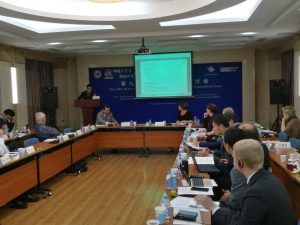
Domesticated crops refer to crops ‘in which the evolutionary process has been influenced by humans to meet their needs’. Professor Wen suggested that genome editing techniques (GETs) could be used as an efficient tool to accelerate the domestication of wild plants to providing enough food and livestock fodder in the future.
However, several legal issues pertaining to the feasibility of domesticating wild plants by GETs need to be addressed. Firstly, what kind of wild crops are to be domesticated and are they subject to existing international treaties such as Nagoya Protocol? Secondly, what will be the role of GETs in the process of domestication? Other questions arise arise, such whether this process should be subject to the current regulatory framework on Genetically Modified Organisms (GMOs) in the EU, as well as and the implications of the ECJ ruling on GETs in July 2018.
In another presentation on environmental law, Professor Liu Hongyan of the CASS Institute of Law discussed the development of ecological rule of law in China, noting that political organizations and governmental organizations share the responsibility of supervising environmental protection in the country.
Professor Liu noted that judicial organs also actively facilitate administrative organs in enforcing environmental law. For example, the People’s Congress and the People’s Procuratorate are supervisory organs of the environmental law system and can bring up administrative litigation if needed.
The development of China’s environmental law, Professor Liu argued, has the following characteristics: First, the prevailing view is that China should build its environmental law system according to its own national conditions. Second, the development of the environmental law system is diversified. For example, some localities have become pilot points for new regulations before they are passed as laws. Third, the official position is that the enforcement of environmental law cannot be uniform, but instead should be promoted in different stages.
In another talk, Professor Ellen Eftestøl-Wilhelmsson, Professor of Civil and Commercial Law in the Faculty of Law at the University of Helsinki, presented with Doctoral Researcher Emilie Yliheljo on the topic of promoting environmentally sustainable through the use of emissions information.
Professor Eftestøl-Wilhelmsson and Ms Yliheljo argued that there is a political call for a behavioural change in the transport industry towards more sustainable transport solutions, and discussed whether and how information related to emissions from carriage of cargo could be used to trigger environmentally friendly decisions and the use of transport alternatives with the lowest emissions.
Observing that emission information is already used as an instrument to combat emissions from transport in the aviation sector, through the European Emission Trading System (ETS) for example, Professor Eftestøl-Wilhelmsson and Ms Yliheljo argued that transport industries outside the ETS could also use emission information to reach the climate goals set for the industry. The scholars described how this could be done by ‘pushing’ the parties to actively consider the emissions from different transport alternatives. The information might work as a ‘nudge’ towards more environmental and greener choices, with new technology providing the necessary practical means for measuring the emissions and delivering the results in real time.
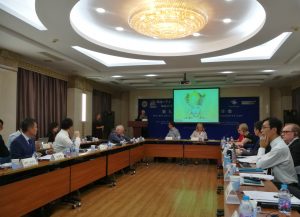
Another scholar from the CASS Institute of Law, Lin Xiaoxiao, analyzed the environmental damage compensation regime in China.
Professor Lin observed that the legal regime of public-interest environmental litigation is mainly reflected in the revision of the Procedural Law of the Civil Litigation. However, because other laws that are relevant to environmental litigation have not been revised, it is unclear how the laws should be interpreted in public-interest environmental litigation. Recently, there has been some new legislation that regulates public-interest environmental litigation, including the Land Law.
At present, the legal regime of public-interest environmental litigation has the following characteristics: (1) The purpose of environmental litigation is to determine environmental liabilities; (2) Procedural regulations are becoming more comprehensive; and (3) Substantive legal rules need to be complemented.
Public-interest environmental litigation is usually brought by environment groups, with leading cases including the Taizhou Public-Interest Case and the Dezhou Air Pollution Case.
Professor Lin said that the current legal regime of public-interest environmental has the following problems: (1) The piloting proposal of reforming the regime of ecological environmental damage cases issued by the State Council is not fully consistent with current legal regulations: (2) The definition of ecological environmental damage is not clear; and (3) It does not provide sufficient legal basis for plaintiffs’ claims for compensation.
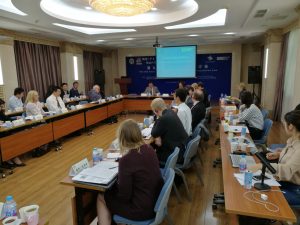
In addition to environmental law, the seminar covered rule of law, legal reforms in the context of the emerging Internet-based ‘sharing’ economy, trends in Chinese and Nordic labour law and social welfare systems and civil law issues.
The timing of this year’s seminar was particularly auspicious, occurring just before the Mid-Autumn Festival, an important national holiday.
Thanks to Dr Yihong Zhang, Postdoctoral Researcher in the Faculty of Law of the University of Helsinki, for contributing to this article.



